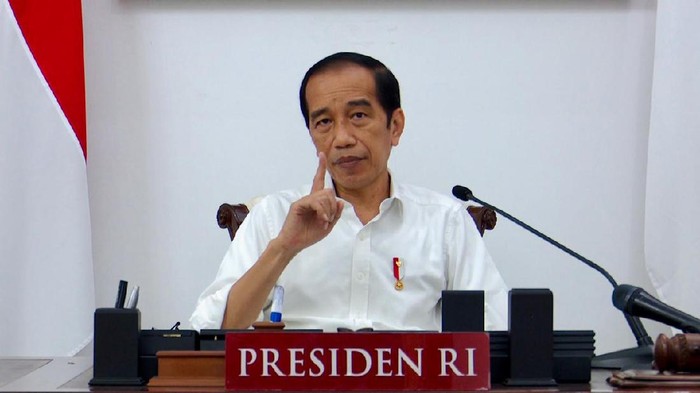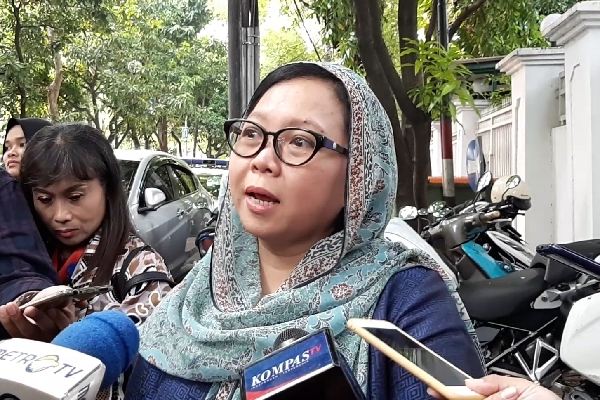Allah is calling. Loudly

The new word on the block is Isoman, a portmanteau of isolasi and mandiri, meaning self-isolation. It’s another place to die in Indonesia along with hospitals.
The awful Covid infection and death figures you’re reading in this column are wrong. In the past week, the Republic has recorded about 50,000 new cases and 1,000 deaths a day.
Numbers were officially correct when keyboarded but overtaken while editing and publishing were underway. But it’s all academic and blurring; five-digits are too big to imagine while the Australian outbreaks are small enough to grasp.
The original stats are invalid because there’s minimal coordination between Indonesia’s national and regional health authorities. Hospitals forbid staff disclosing to journos, and testing isn’t free.
The cost – about two day’s wages for a construction worker and three or more for a home domestic – is deterrent enough. So only the paranoid wealthy can afford to have swabs poked up their nostrils, and then wait two or three days for a result that may be suspect.
In May five employees of the State-owned Kimia Farma drug company were arrested for allegedly reselling used Covid nasal swab test kits. Police said nearly 9,000 passengers going through an airport in North Sumatra may have been hit by the scam running since late last year and netting AUD 170,000. Tempo magazine has reported police are also investigating the sale of false vaccination certificates.

Then there’s fear. According to psychologist Alissa Wahid who’s heading an online petition urging the government to lift its game, many see hospitals not as institutions offering professional care, but graveyard waiting rooms.
So doctors are shunned by the nervous sick lest they’re referred to an infirmary. Some prefer to self-isolate and seek treatment from traditional herb remedies known as jamu. OK for menstrual cramps, but for viruses they have the success rate of Donald Trump’s bleach cure.
The current fads are coconut water and a brand of canned milk that won’t be named to avoid boosting sales, which may have been the intention. Neither has been scrutinised by medical researchers, but even if they’d used overworked labs to test the products, reports by white coats would be dismissed as plots to kill the poor.
The stories are anecdotal, though often accompanied by smartphone pix. The bodies of singles who shut themselves away from families and neighbours are only discovered when the smell gets too bad. The culture of community care is being shoved aside as confused villagers fear infection, calling outsiders to remove corpses.
Wahid claims the Indonesian public education system teaches science and rational thinking badly. So the wong cilik (ordinary folk) trust holy books, the words of clerics and Anon ahead of papers in The Lancet, however high the researchers’ qualifications and thorough the peer reviews.
The self-appointed gurus, men in Islam and Catholicism though not in Protestantism and Buddhism, urge their flocks to pray intensely and ignore experts as fates are predetermined. While washing hands and wearing masks should be encouraged as public health measures they’re no shield against the determination of the deity.
Politician Yaqut Cholil Qoumas told the media: ‘When the government puts out regulations that protect the people, they are mandatory.’ Legally the Religious Affairs Minister is correct. In practice, he’d be better advised using his breath to cool his nasi bubur (rice porridge).
